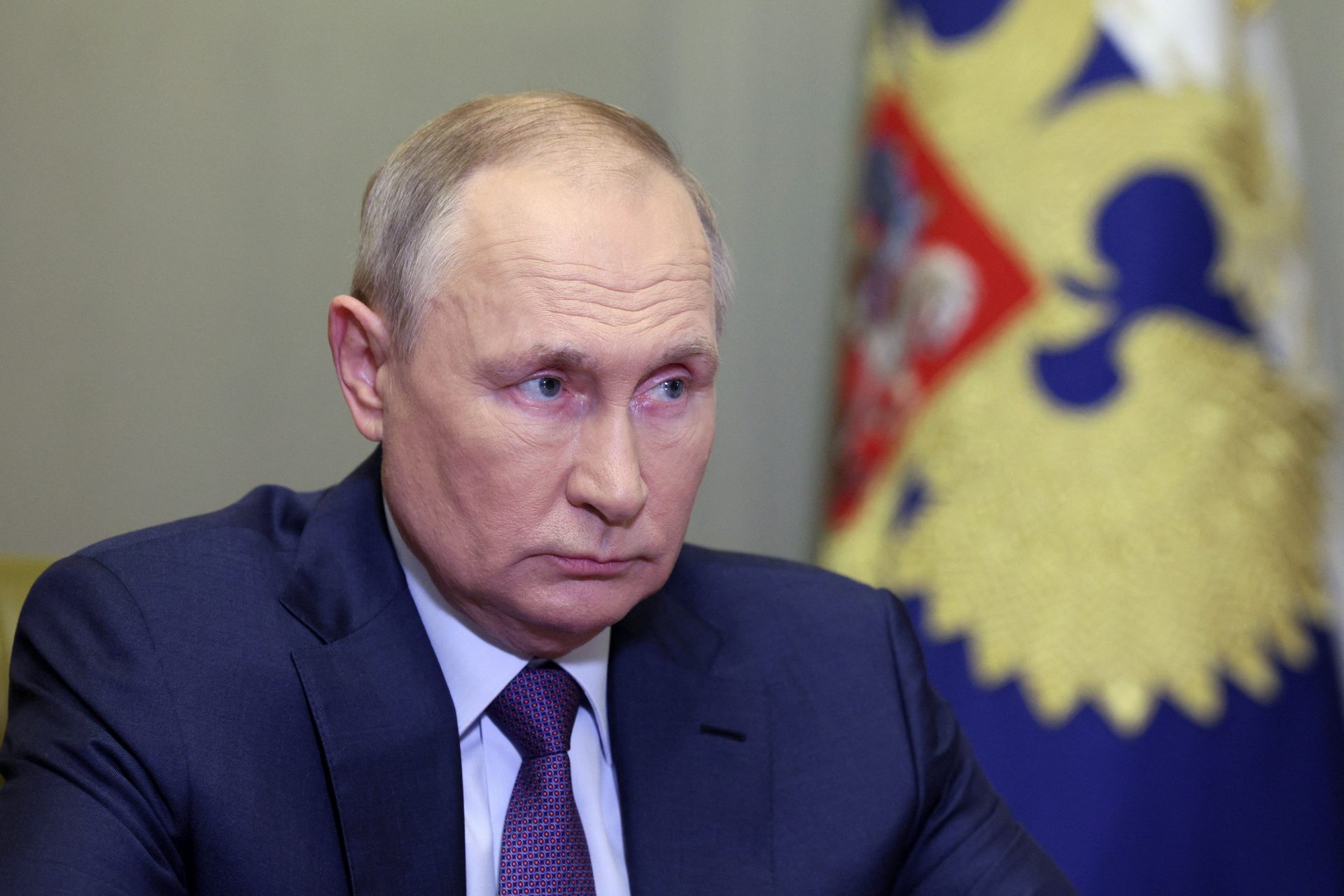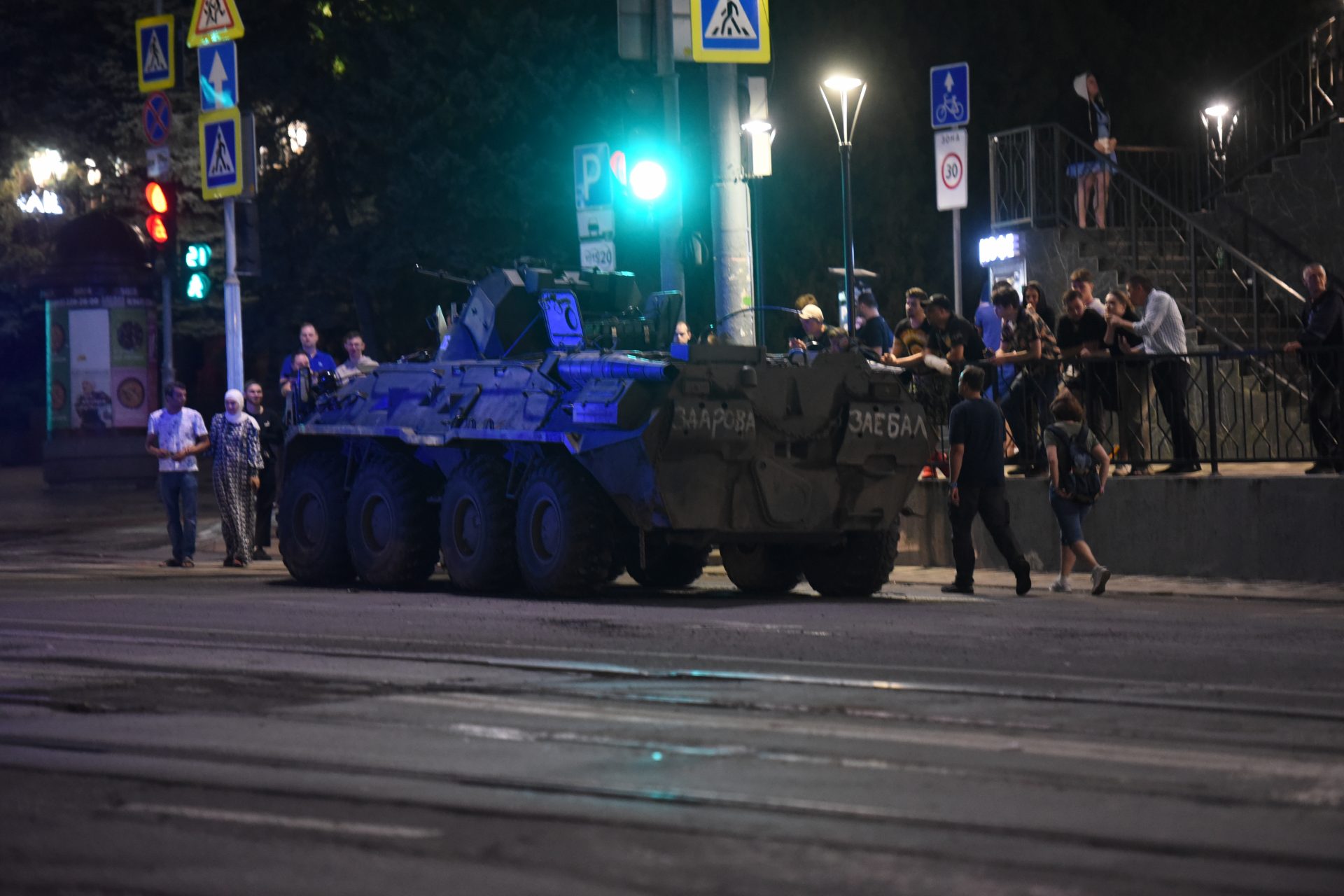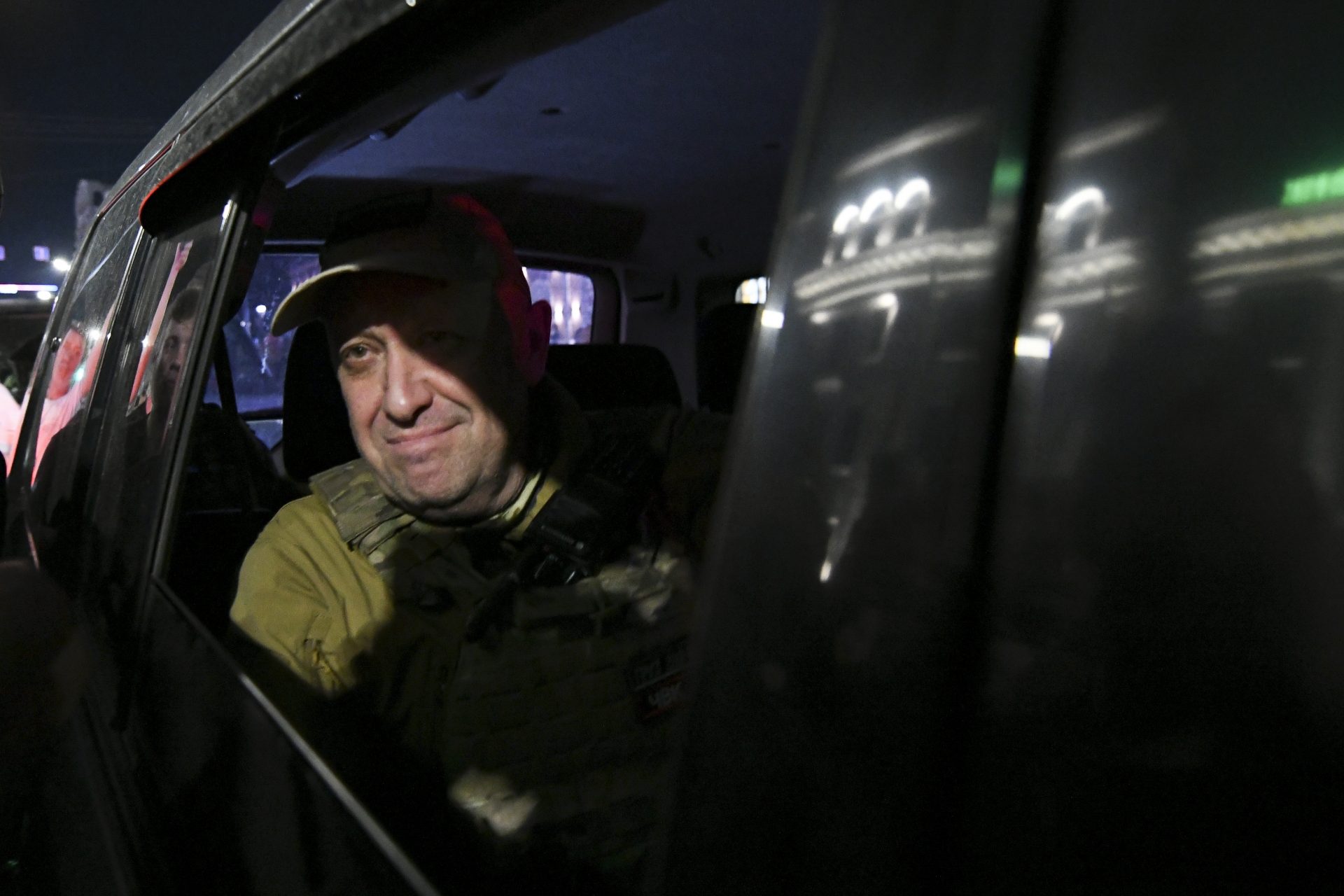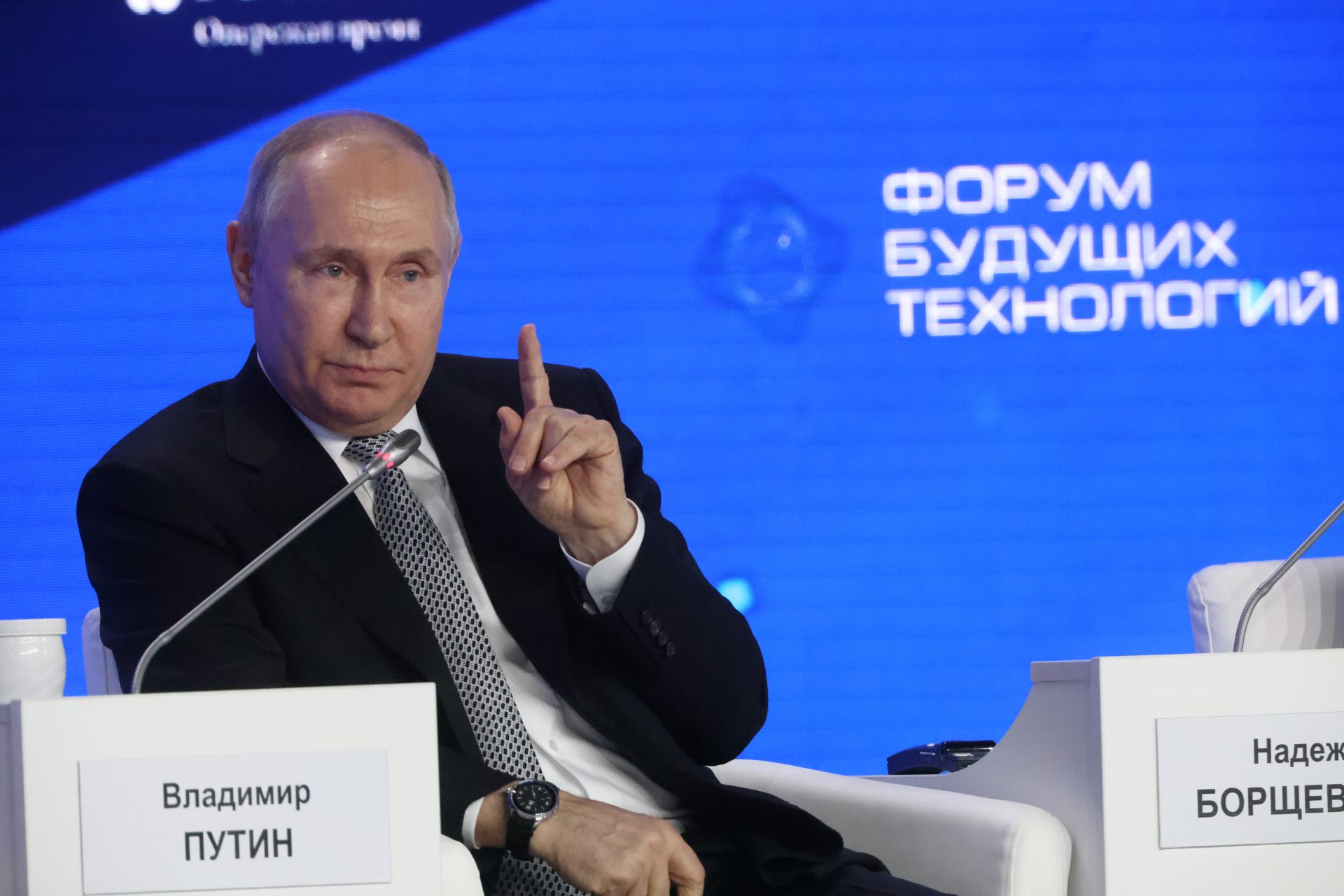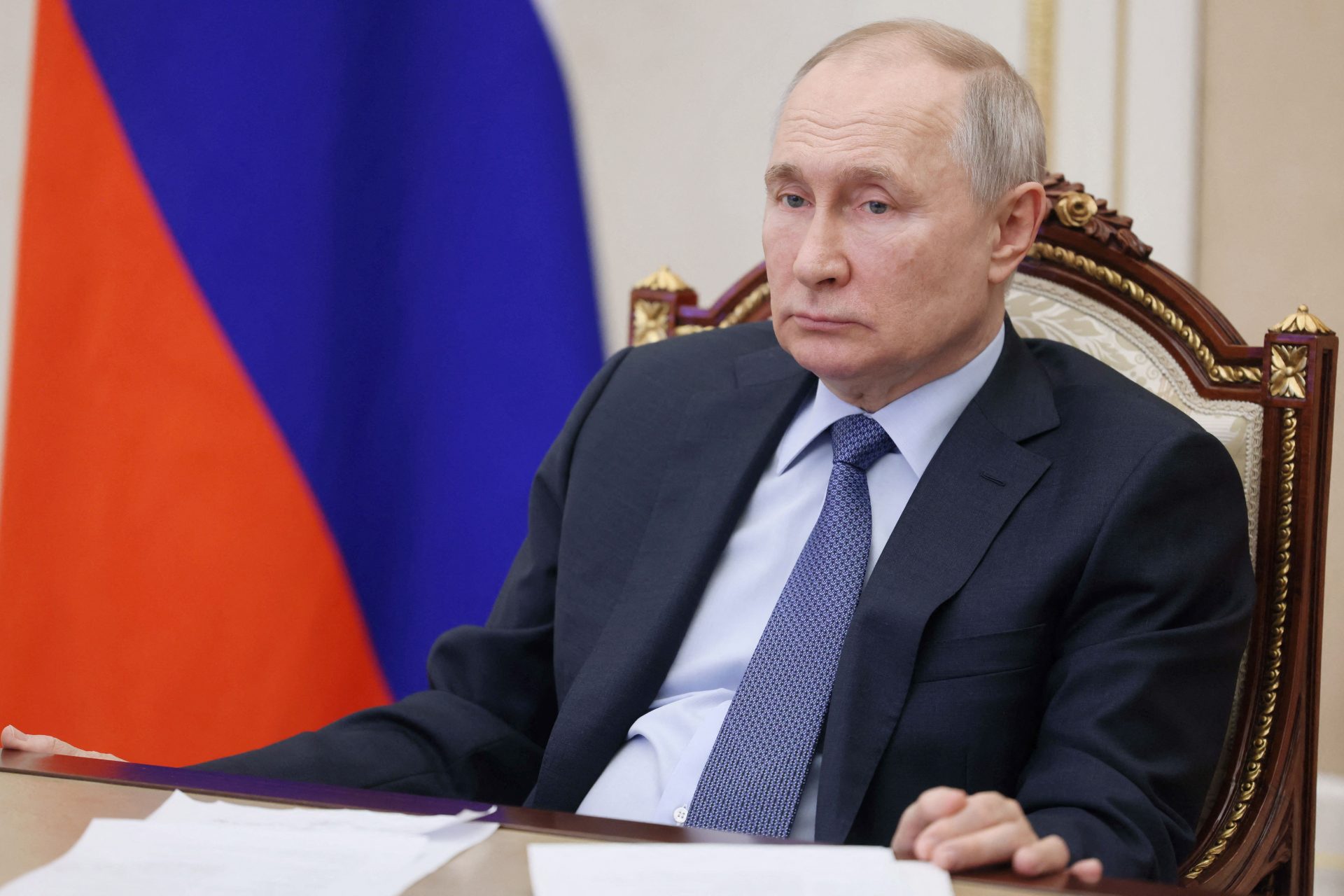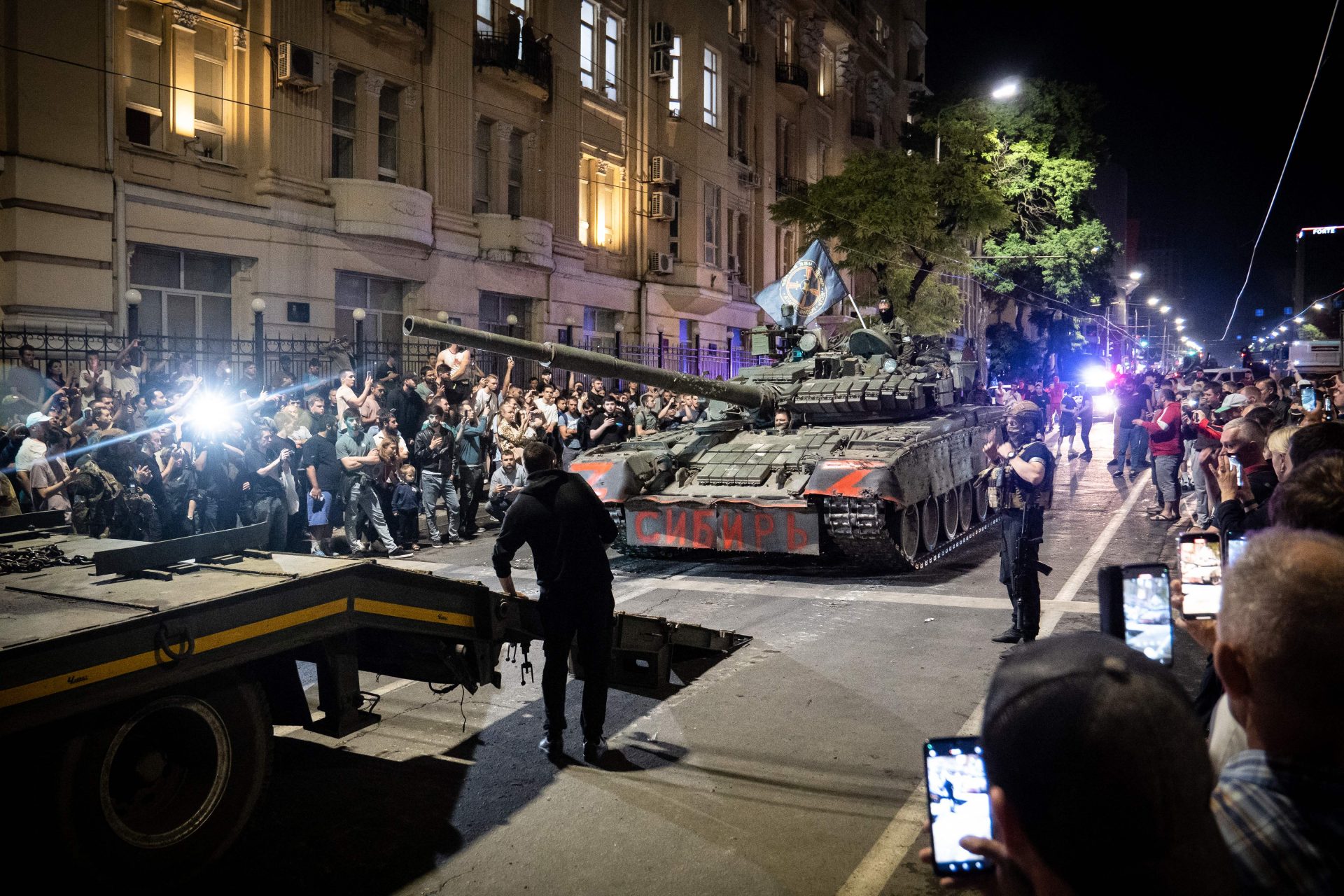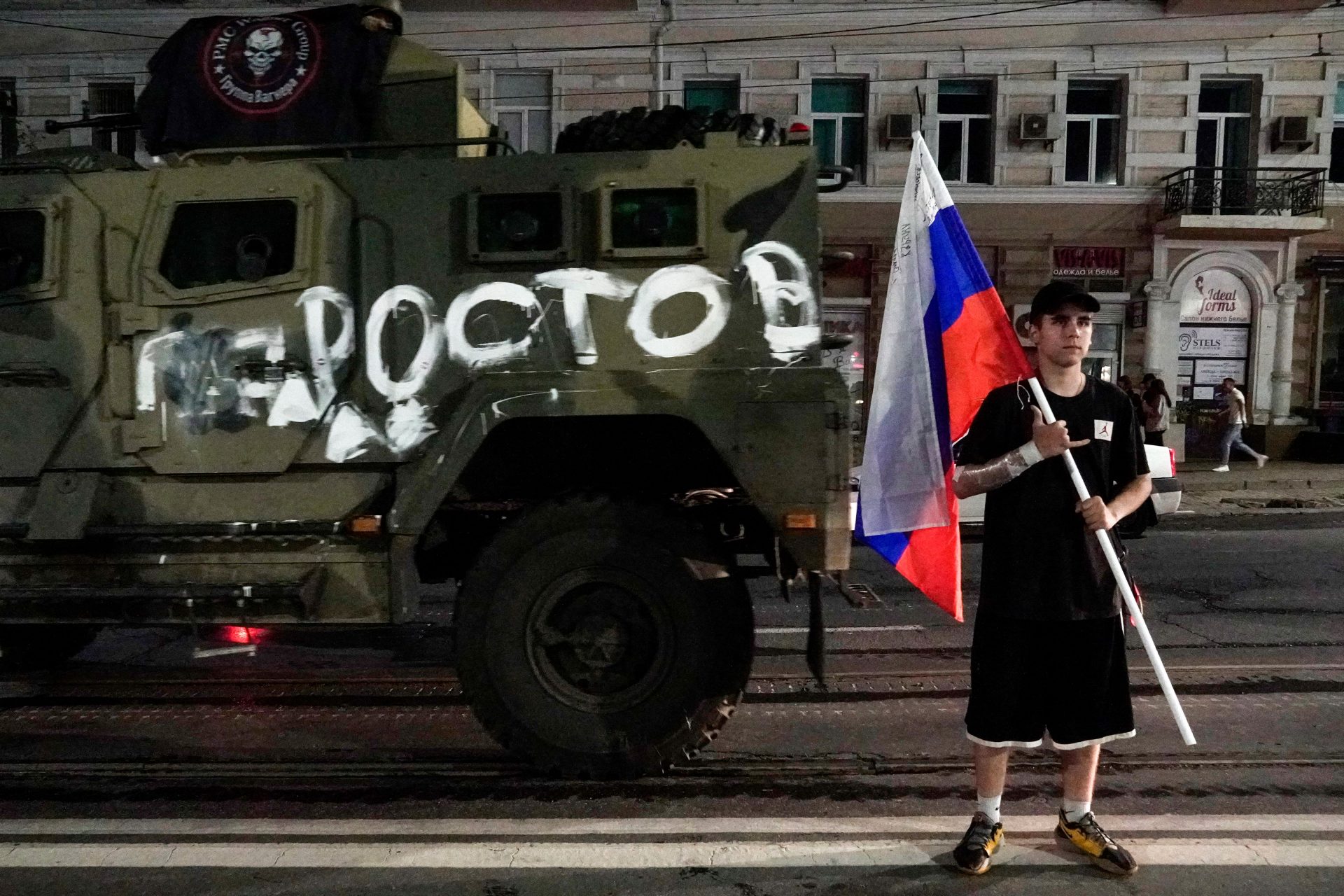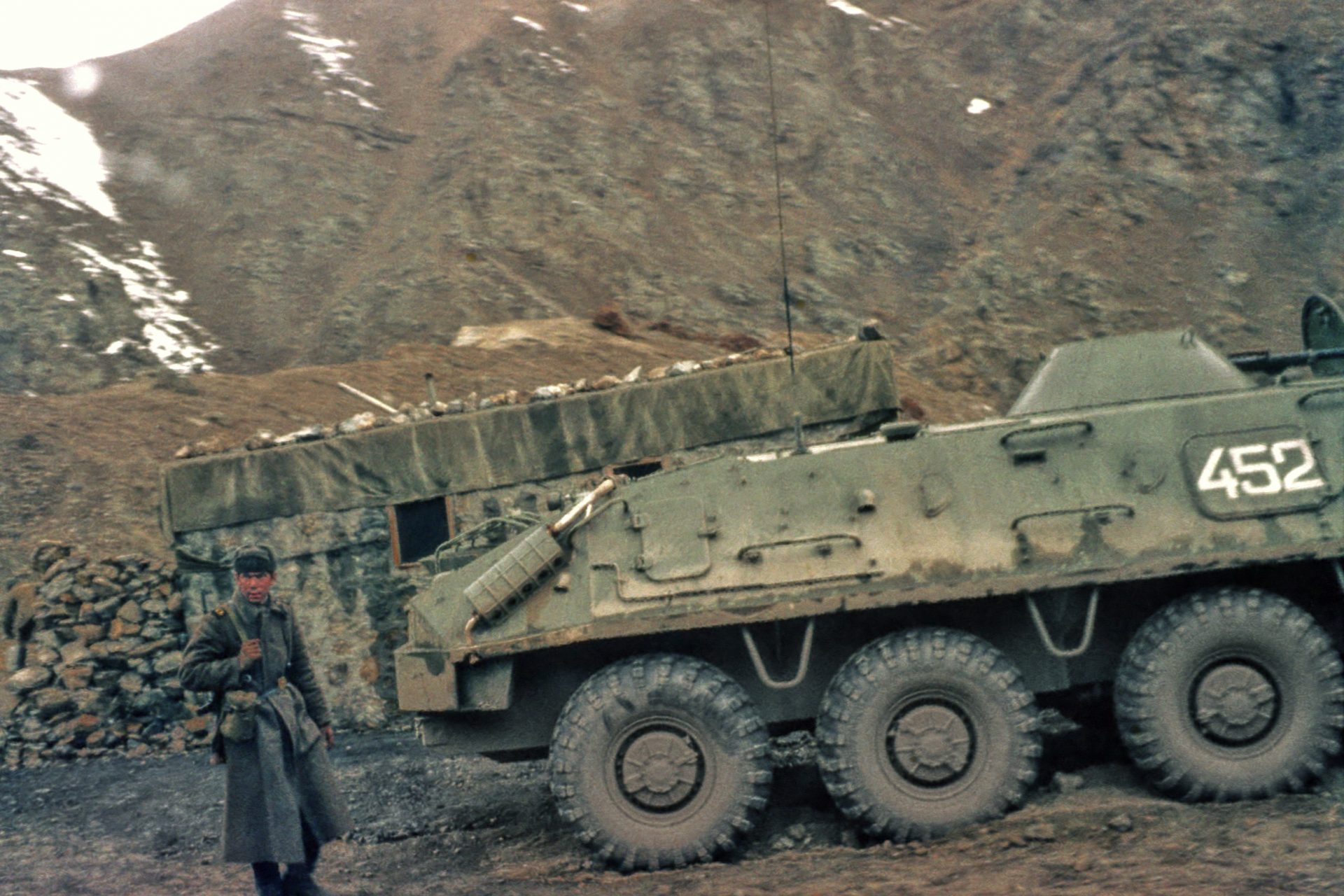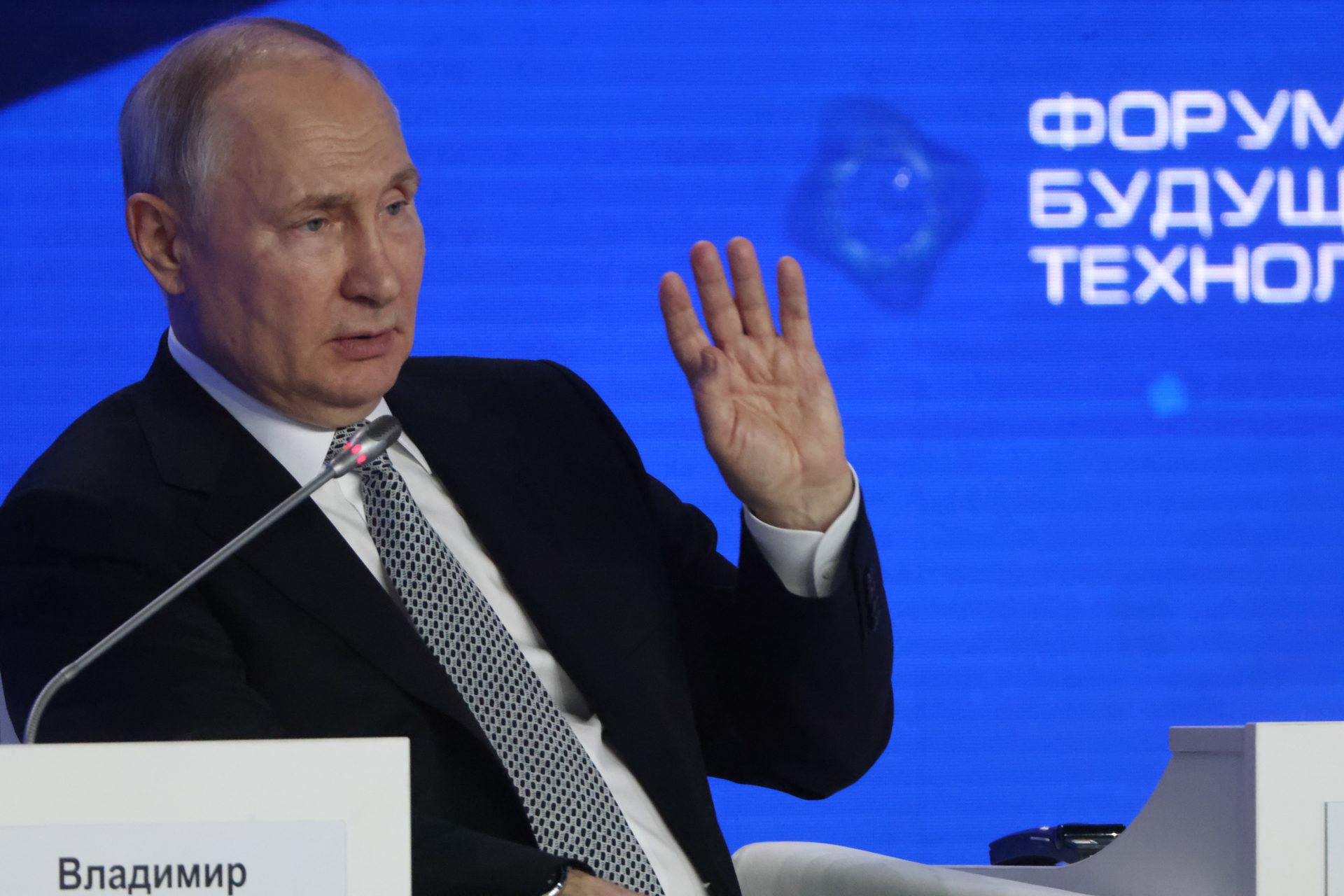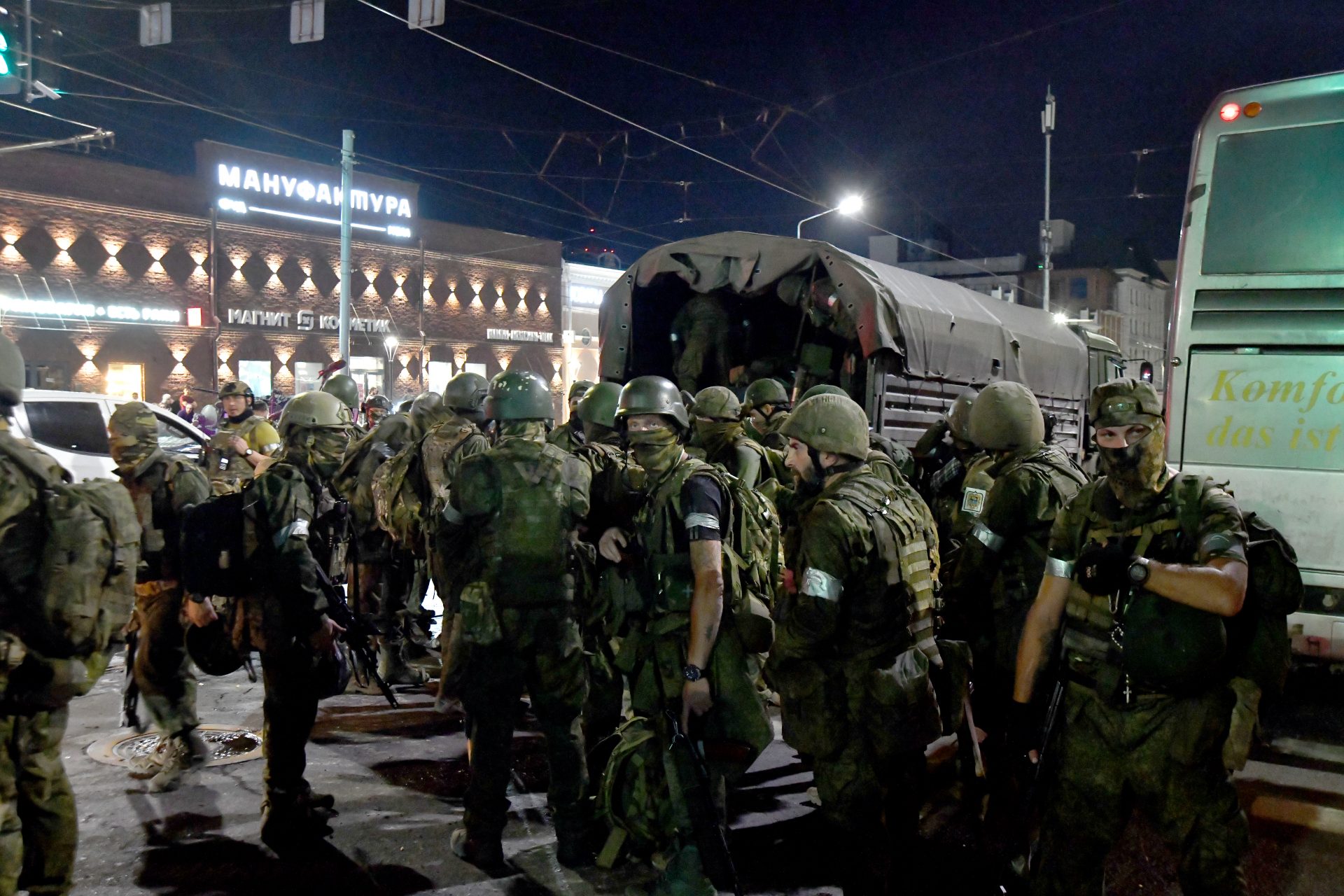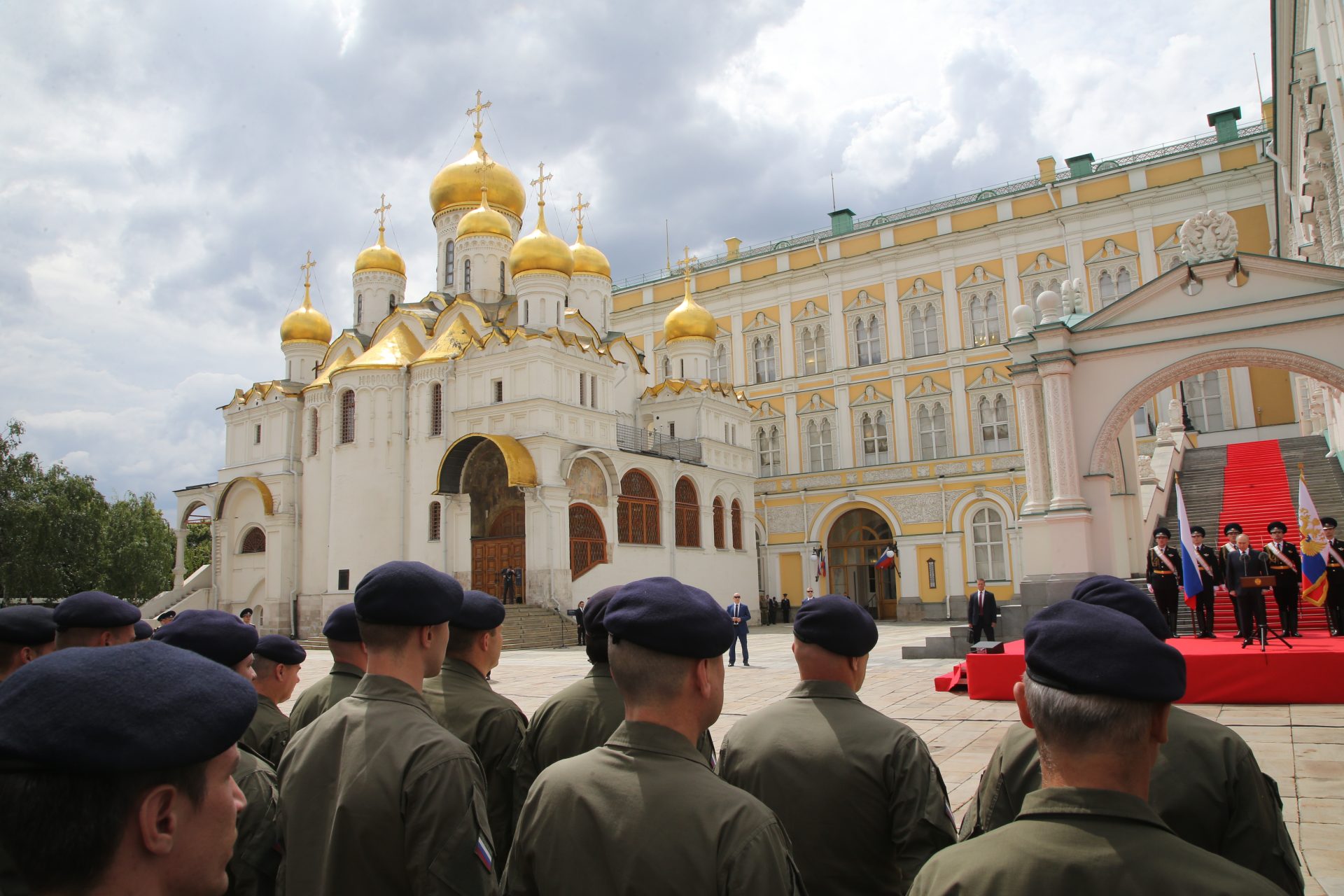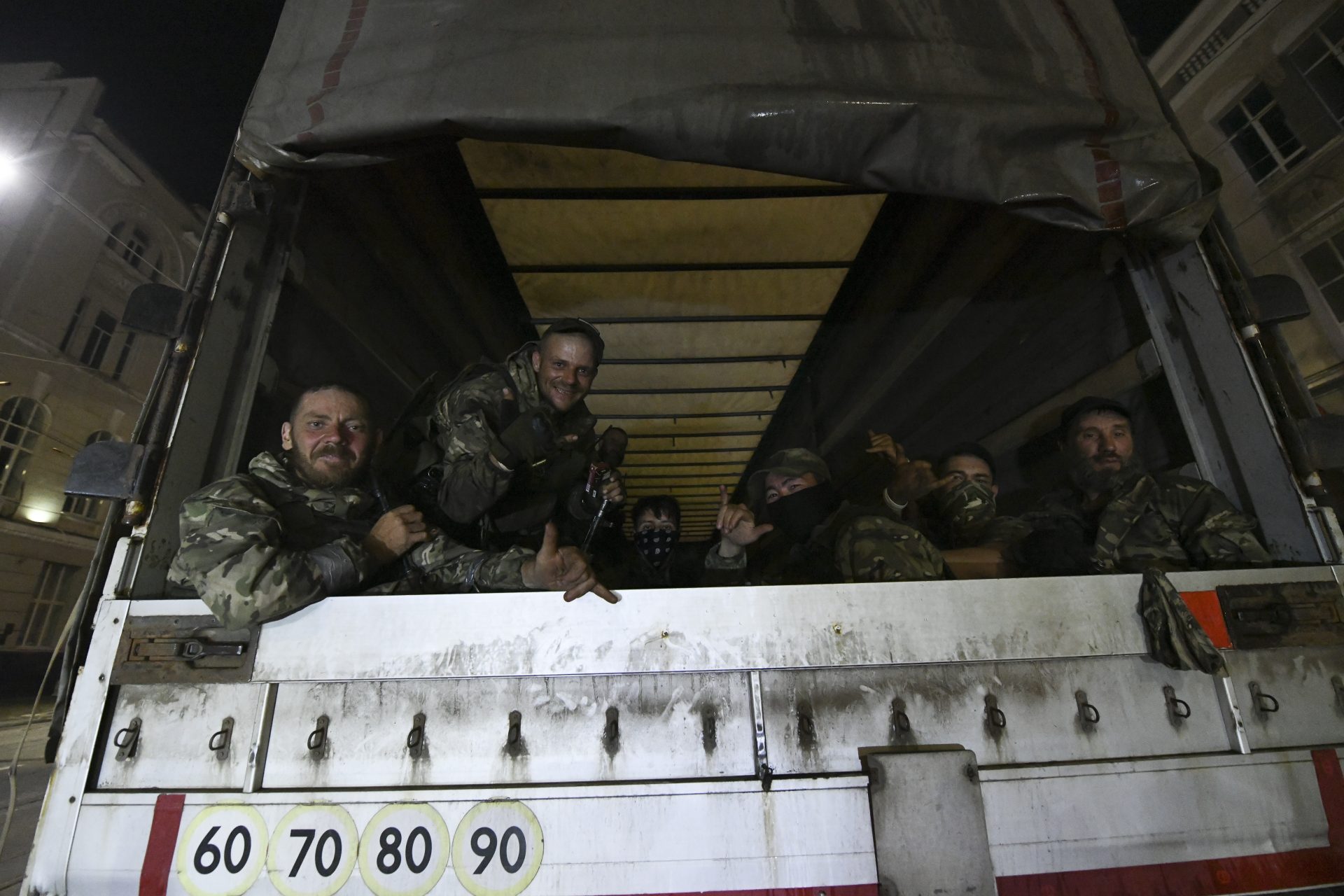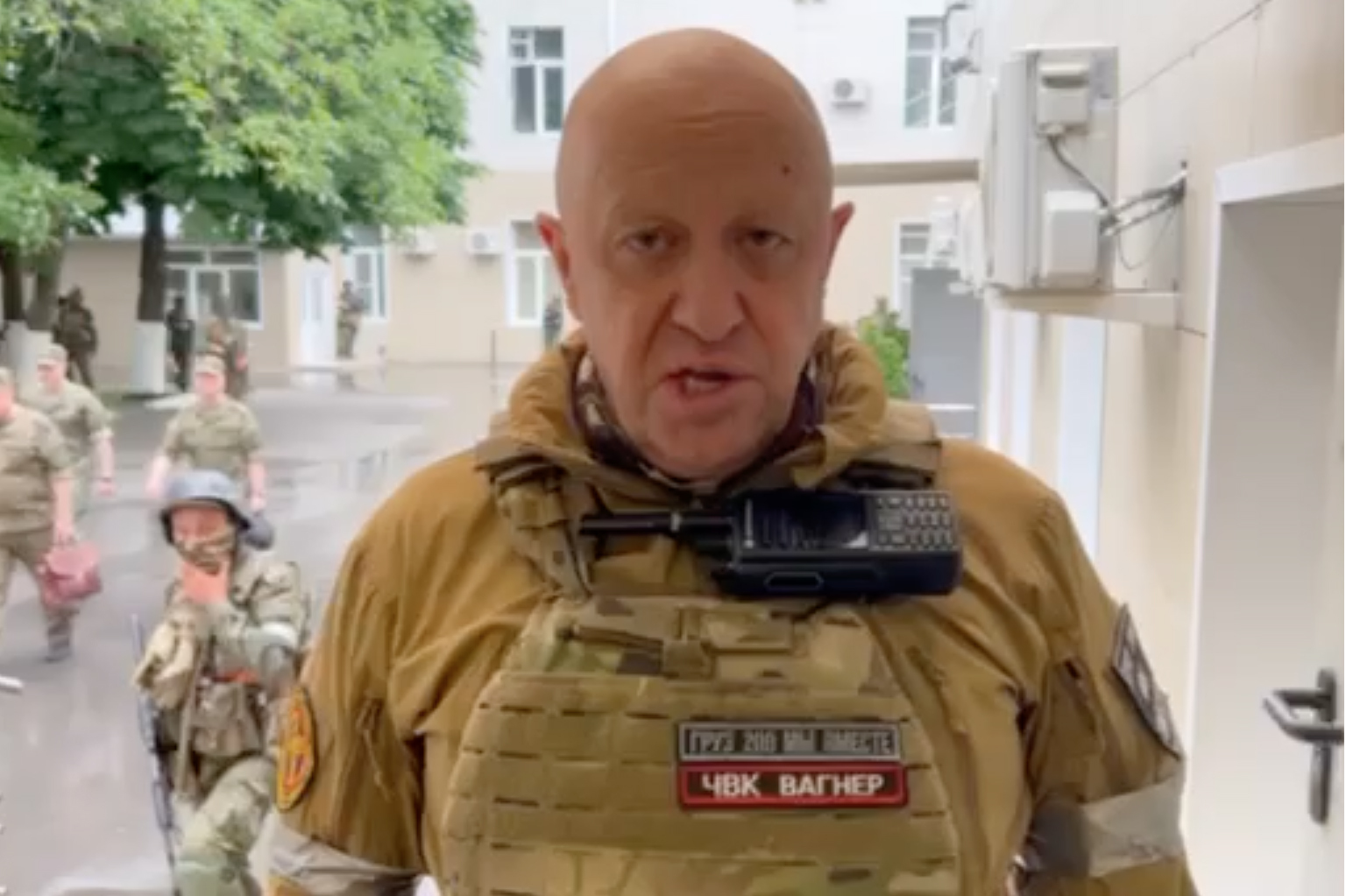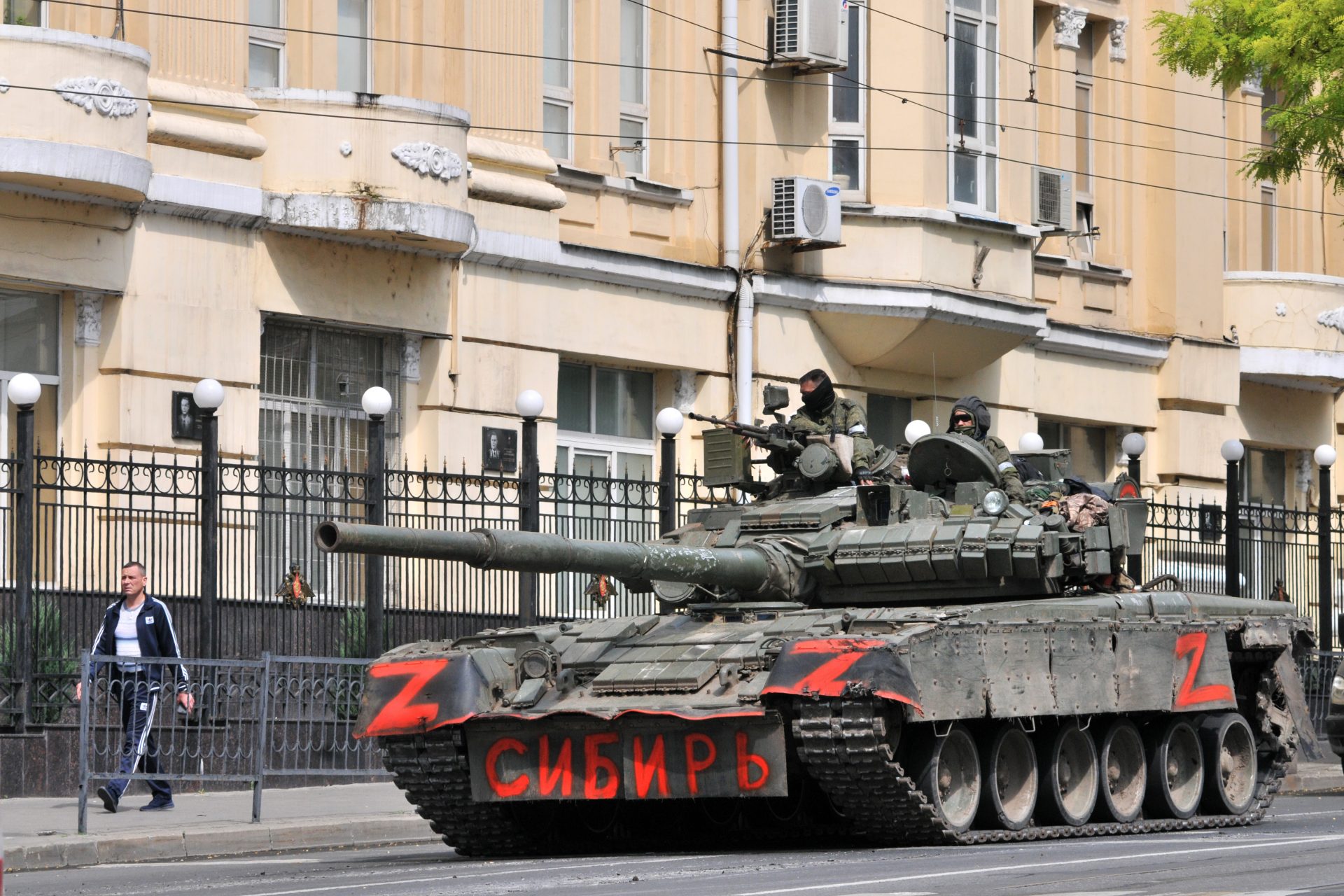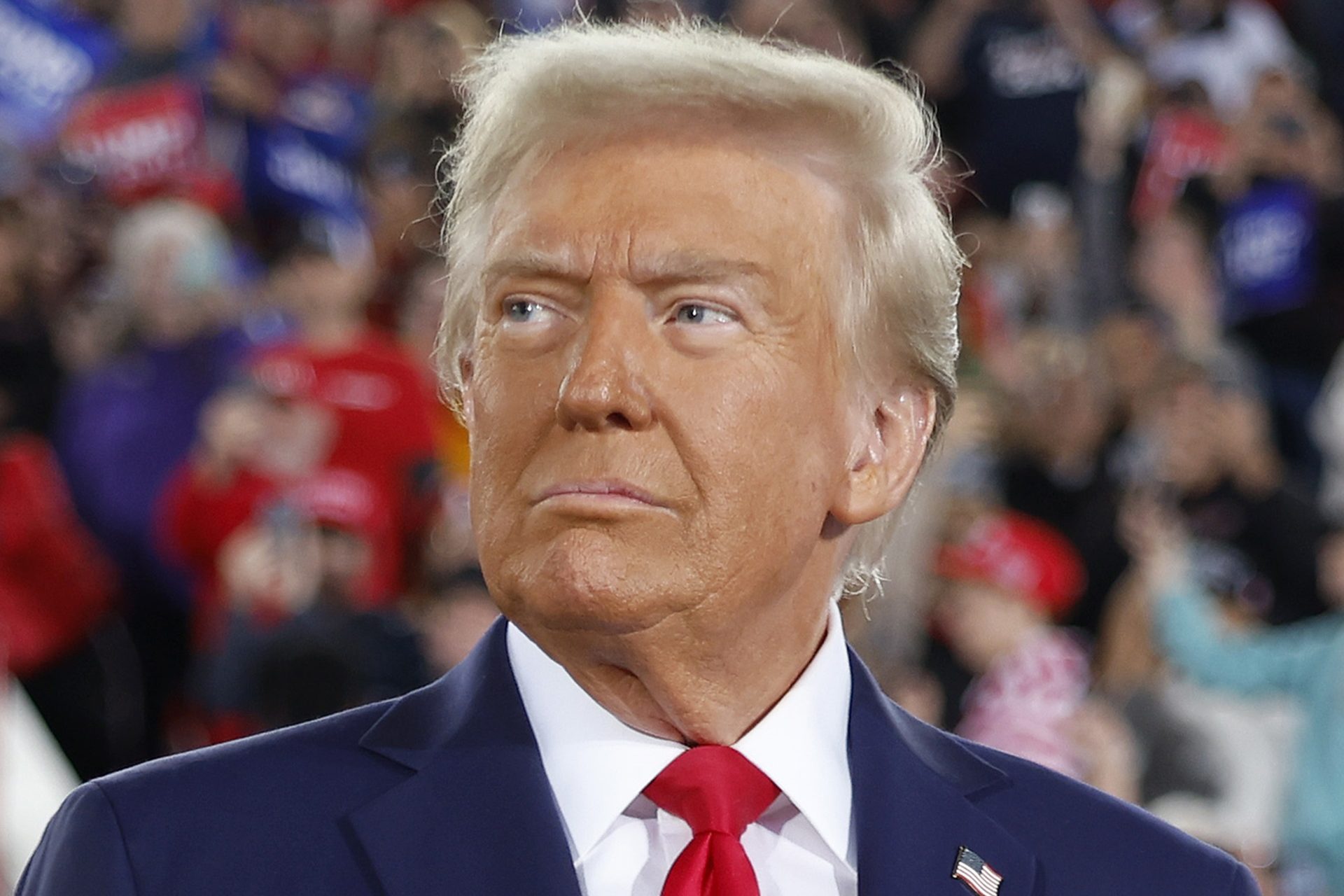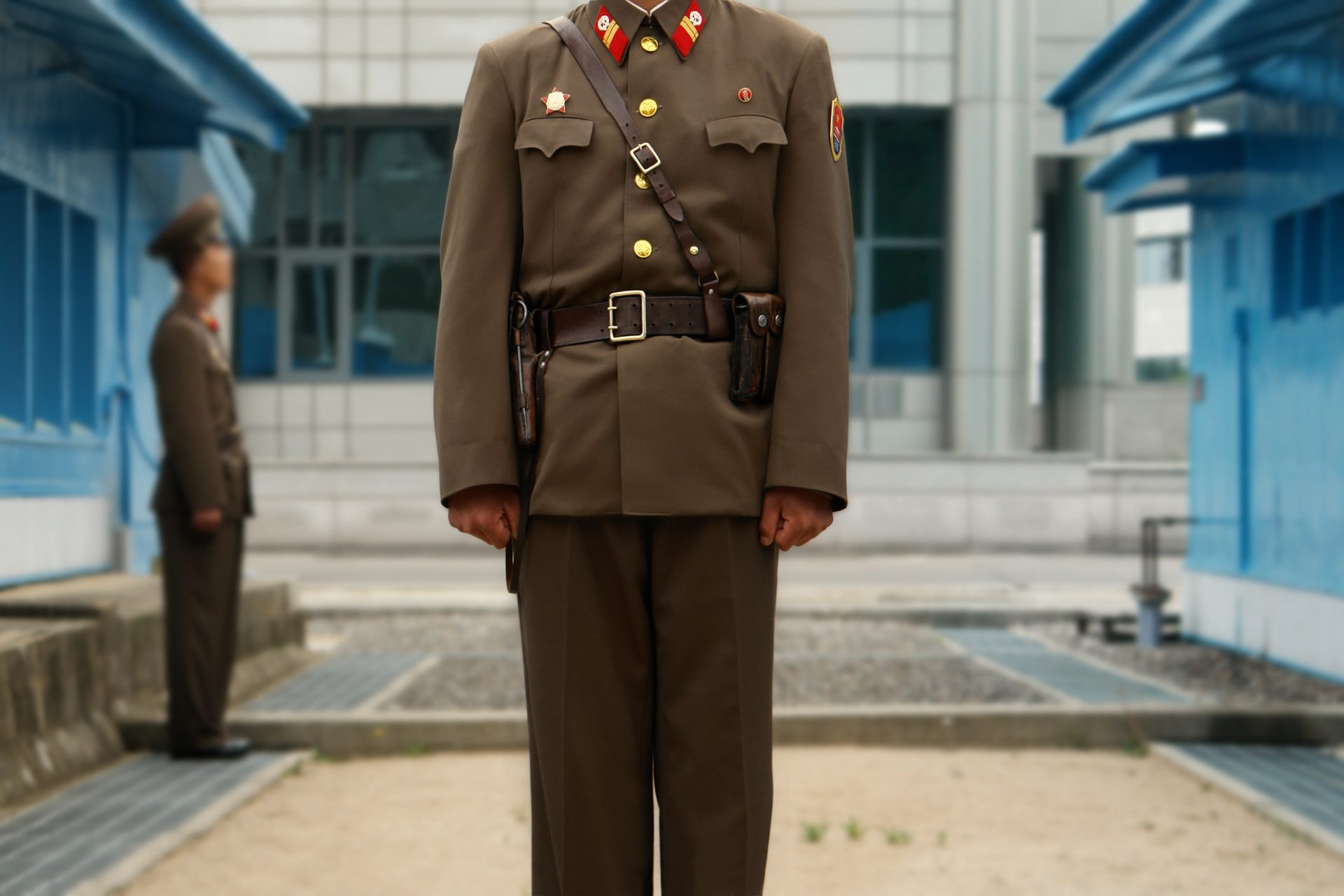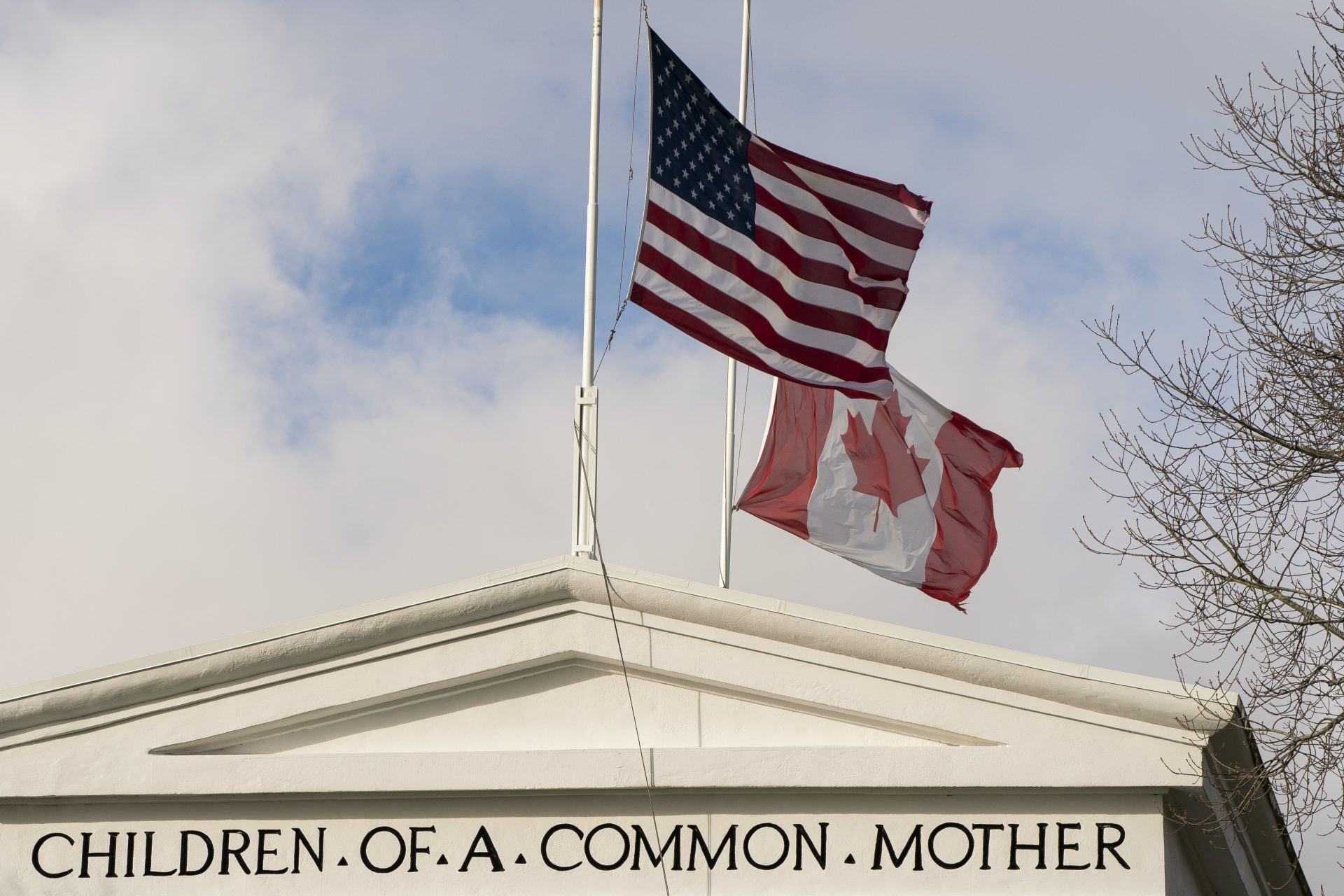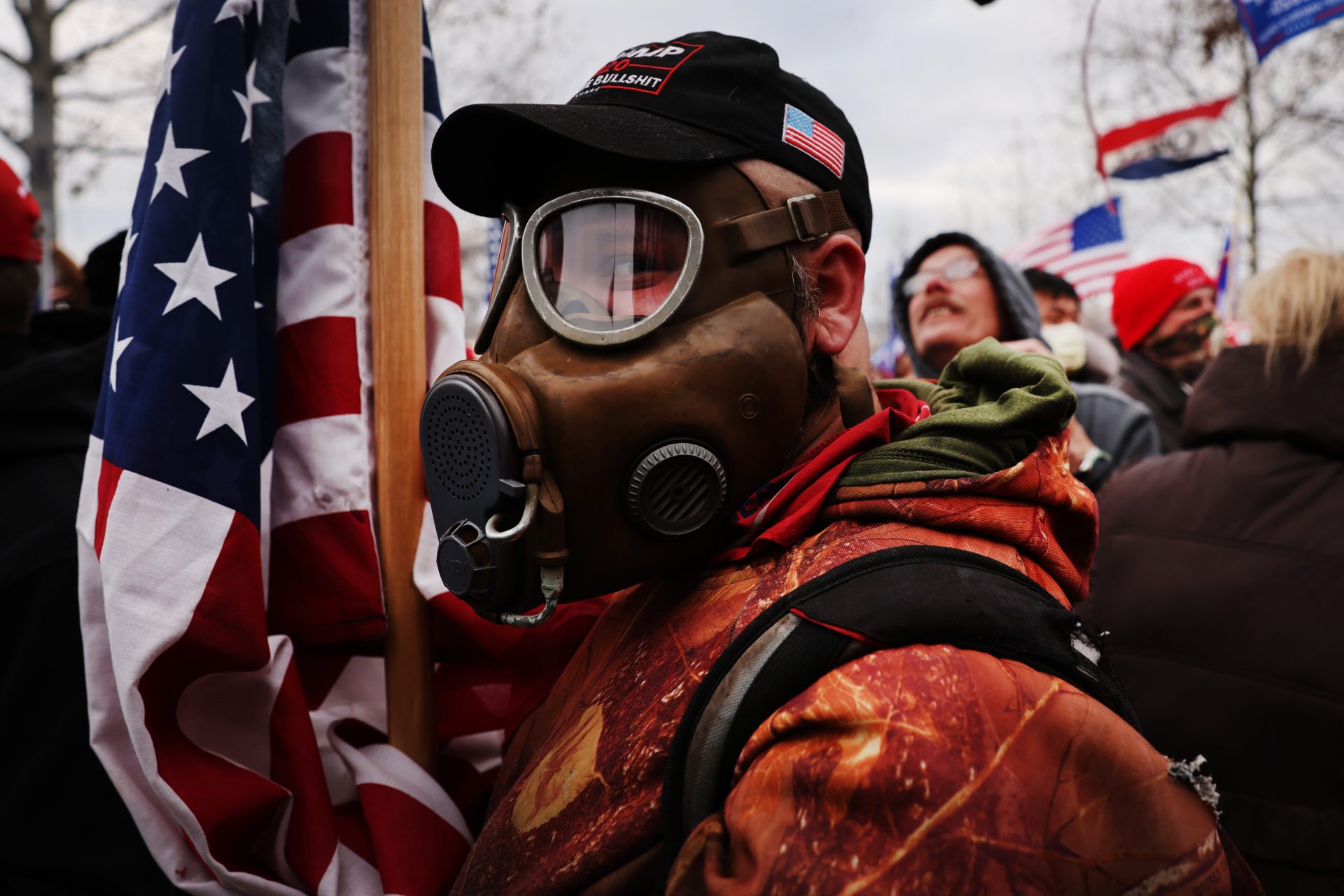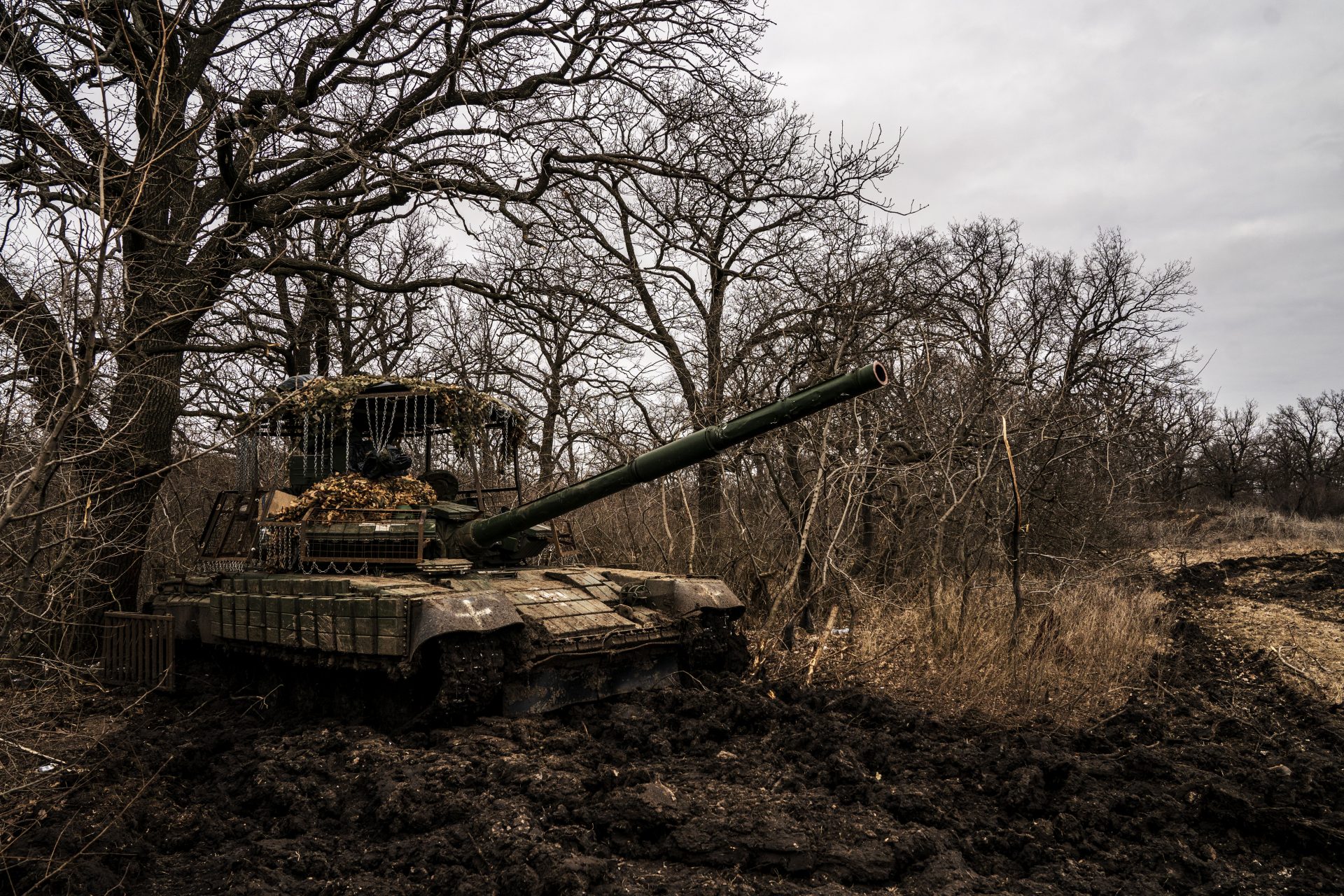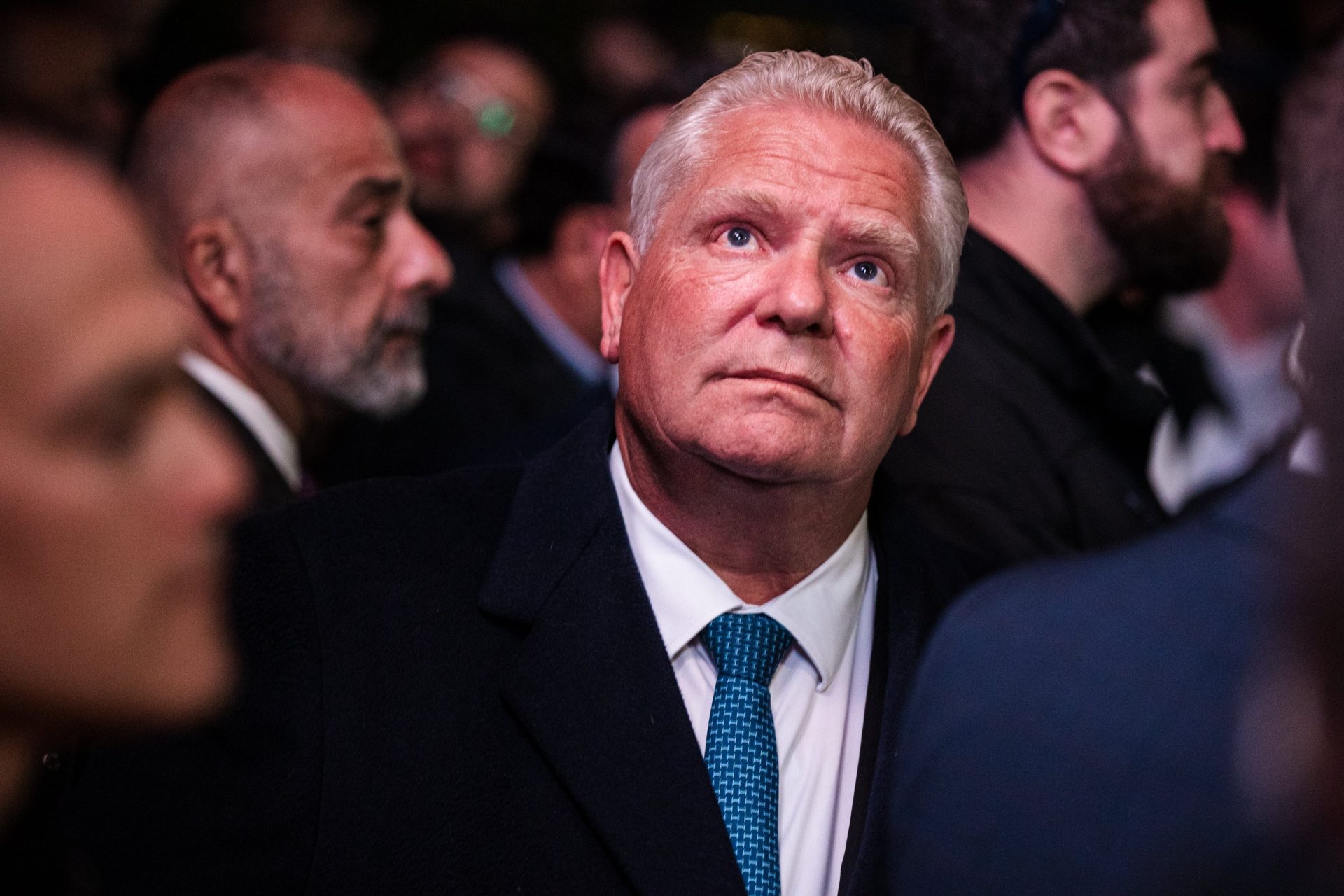Putin claims he tried to replace Prigozhin but failed
Vladimir Putin claimed in a recent interview that he tried to replace Wagner Group chief Yevgeny Prigozhin as the leader of his mercenary force in the wake of Prigozhin’s failed coup in order to keep Wagner’s soldiers fighting in Ukraine. An offer that was rebuffed.
There is a lot of mystery surrounding what happened in the days that followed after the end of Prigozhin’s march on Moscow. What brought an end to the armed rebellion and what’s been happening since are two big questions political analysts have been asking.
While we may never know what brought Prigozhin’s revolt to an end, we do have some insights into what happened in its immediate aftermath thanks to Putin and the comments he made in an interview with Andrey Kolesnikov from Russia’s Kommersant newspaper.
When asked by Kolesnikov about what really happened during Putin’s fateful June 29th meeting with Prigozhin, the Russian president revealed that there was only one version of events and he went on to explain why he met with Wagner as well as what happened.
According to Putin, he wanted to meet with Prigozhin and several of Wagner’s important commanders because—as he explained it—the soldiers had fought on the frontline with dignity and he believed it was regrettable that they were drawn into Prigozhin’s mutiny.
Putin met with Prigozhin as well as 35 Wagner Group commanders and wanted to find a way to keep the mercenary unit in the fight against Ukraine. But the three-hour meeting did not yield the results Putin was hoping for according to the Russian President.
Kolesnikov said Putin offered Wagner’s commander the opportunity to continue fighting for Russia in Ukraine under their battlefield commander who went by the callsign Sedoi instead of Prigozhin, and while some seemed receptive, Prigozhin rebuffed Putin’s offer.
Reuters noted that Sedoi is the callsign of senior Wagner commander Andrey Troshev according to sanctions documents from the European Union. Troshev is also a highly decorated veteran of Russia's most recent wars in Afghanistan and Chechnya.
“All of them could gather in one place and continue to serve,” Putin allegedly said based on a translation from The Guardian. “And nothing would change for them. They would be led by the same person who had been their actual commander this entire time.”
That offer was met with nods from some of Wagner’s commanders but Prigozhin was in front of all the men and when he’d finished listening to Putin allegedly said: “No, the guys won’t agree with that decision,” ending any hope that the Wagner Group would fight on.
Reuters noted Prigozhin’s remarks don’t appear in the Kremlin’s official transcript from the meeting and added the mercenary leader did not reply to the organization's request for comments, which leads one to wonder if Putin’s version of the events is accurate.
Deciphering what goes on behind the closed doors of Russia’s politics is very difficult but The Guardian’s noted Putin’s comments to Kolesnikov could be part of the Kremlin’s goal of winning over Wagner’s rank and file while trying to publicly discredit Prigozhin.
Dara Massicot is a senior policy analyst at the U.S. think tank RAND Corporation and she explained that Putin’s comments could be signaling that he still needs the Wagner Group but doesn’t need the man who has been leading it for the last several years.
“He is signaling: ‘I am going to separate Prigozhin from this tool, Wagner and the Wagner fighters, which I still need… I still need that tool. I don’t need the man as much,” Massicot said, adding the move didn’t make Putin look “as strong as he thinks.”
We may never know why Putin went public with this information but we do know that the Wagner Group no longer exists in Putin’s eyes. When Kolesnikov asked about Wagner and if the mercenary group would remain a combat unit, Putin simply said it didn't exist.
"Wagner does not exist," Putin told Kolesnikov according to a translation from Reuters. "There is no law on private military organizations. It just doesn't exist." Only time will tell if that statement was true but it does look as if Russia has lost its best fighting force.
More for you
Top Stories



